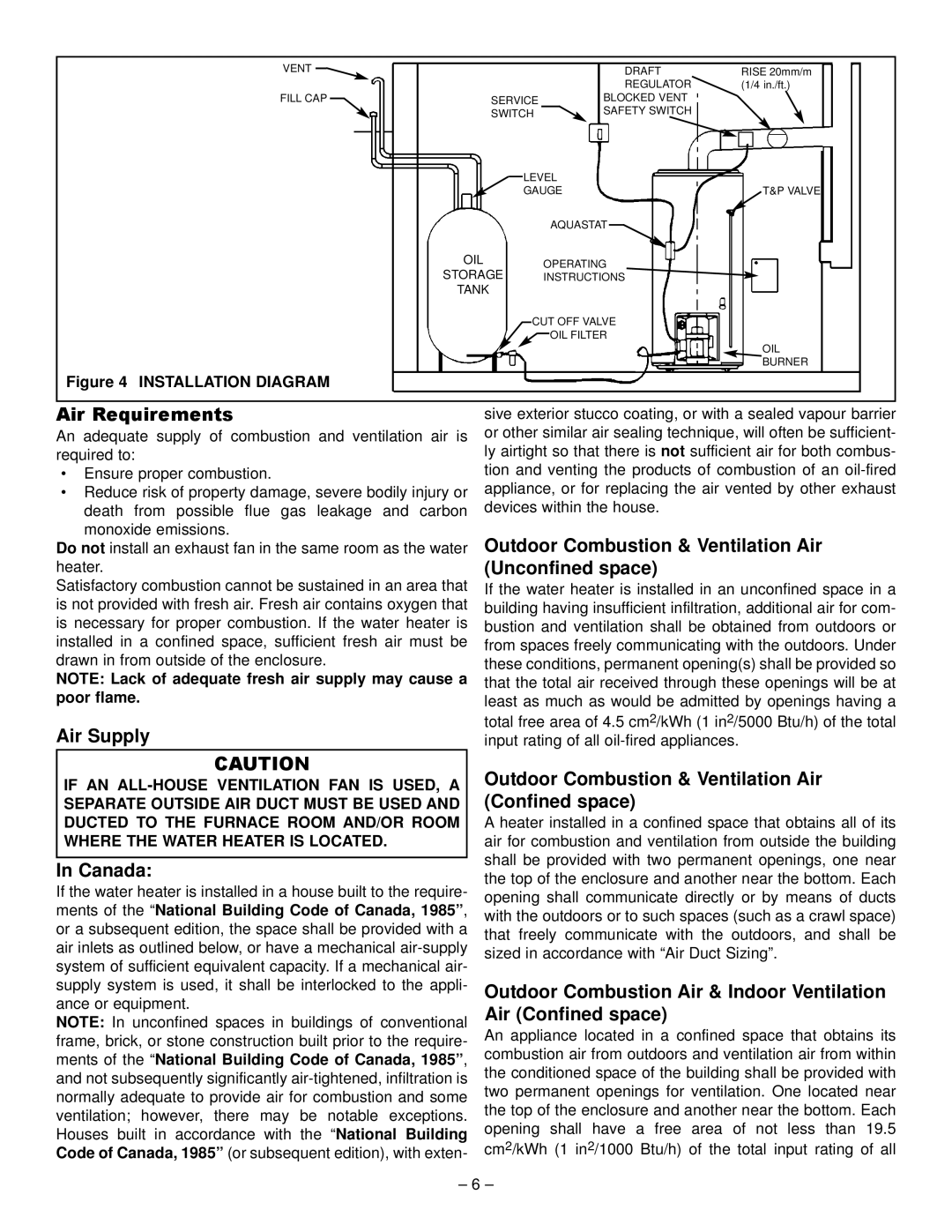JW527 JWF307V, JW727 JWF657, JWF307, JW327 JWF507, JW517 specifications
The GSW JW527, JWF307V, JW727, JWF657, JW717, JW327, JWF507, and JW517 are a series of advanced washing machines renowned for their innovative features, technologies, and performance characteristics. These models stand out in the market for their user-friendly design, energy efficiency, and robust functionality, catering to diverse laundry needs.One key feature of the GSW series is the incorporation of smart technology, which allows users to control the washing process through a smartphone app. This connectivity provides real-time updates and remote operation capabilities, making it easier than ever to manage laundry from anywhere. The integration of IoT technology also enables automatic notifications when cycles are complete, ensuring convenience in day-to-day life.
These washing machines are designed with various wash programs tailored to different fabric types and soil levels. The JW527 and JWF307V models, for instance, come equipped with specific settings for delicate garments, heavily soiled clothing, and everyday washes. This level of customization ensures optimal care for your laundry while achieving the best cleaning results.
Energy efficiency is another major selling point of the GSW series. With high Energy Star ratings, these models consume significantly less water and electricity compared to traditional washers. Technologies such as load-sensing systems adjust water levels based on the size of each load, ensuring that resources are not wasted.
In addition to efficiency, the JW727 and JWF657 feature advanced noise reduction technologies, making them ideal for homes where quiet operation is preferred. The incorporation of durable components minimizes vibrations and reduces operational sounds, allowing for a quieter laundry experience.
Moreover, the JW717 and JW327 models offer a large capacity, suitable for families or households with substantial laundry needs. With user-friendly interfaces, these machines ensure that even less tech-savvy users can navigate their settings with ease.
Durability is a key characteristic of the GSW washing machines. Made from high-quality materials, these models are designed to withstand years of regular use without compromising performance. Additionally, built-in self-cleaning features ensure that the machines maintain optimal cleanliness and hygiene.
Overall, the GSW JW527, JWF307V, JW727, JWF657, JW717, JW327, JWF507, and JW517 models combine cutting-edge technology, energy efficiency, and user-friendly design to deliver exceptional washing performance, making them top choices for modern households.

